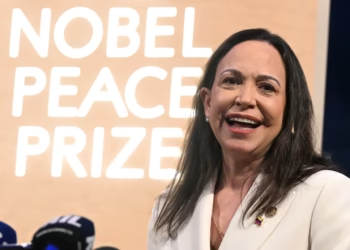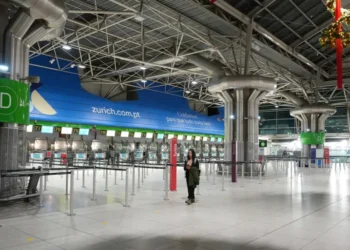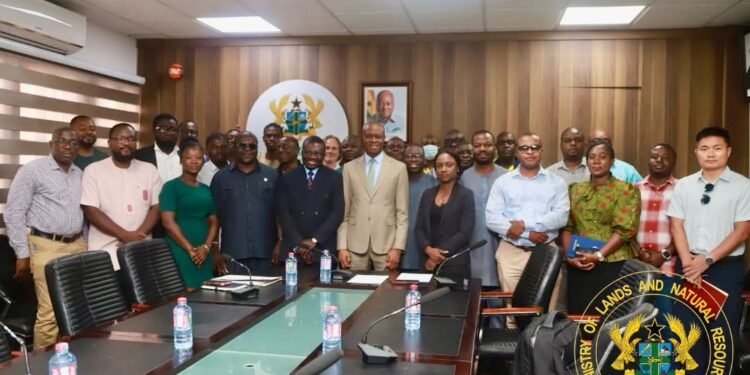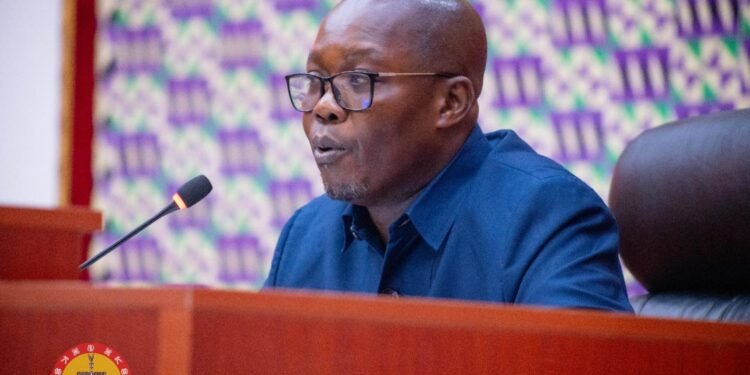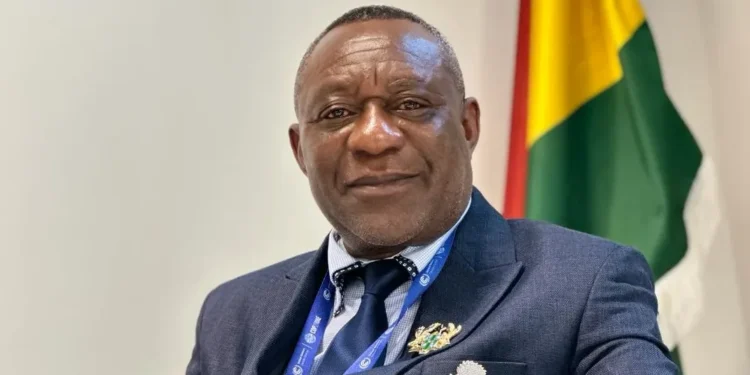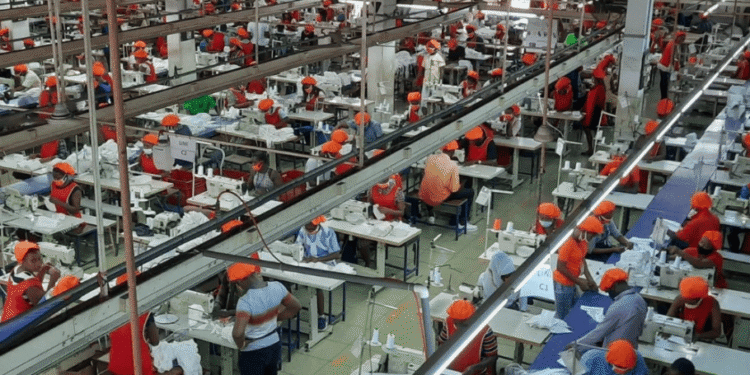A number of leaders have congratulated Serbian President, Aleksandar Vucic and his party for emerging victorious in the just ended parliamentary election.
Vucic’s ruling Serbian Progressive Party (SNS) claimed victory in Sunday’s early parliamentary election, despite concerns about widespread reports of irregularities.
Sunday’s parliamentary and local election pitted the populist President Aleksandar Vucic’s Serbian Progressive party against the Serbia Against Violence opposition alliance.
Vucic said on Sunday that his party, which has been in power since 2012, won the vote, while official results are expected late on Monday.
Early results put the SNS, which appeared on the ballot as “Aleksandar Vučić – Serbia must not stop!” at about 46%.
Opposition alliance, Serbia Against Violence, is at about 23%.
If confirmed in the final vote count, the result means that the SNS party will have an absolute majority in the 250-member parliament and will form the next government on its own.
Opposition parties have claimed electoral fraud favouring the government, and called for a recount.
Parliamentary elections were held in Serbia on Sunday, December 17, 2023 to elect members of the National Assembly.
While they were initially scheduled to be held by April 30, 2026, Vucic called a snap election in November 2023, after previously announcing that snap elections could be either held in 2023 or 2024.
In addition to the parliamentary elections, Vojvodina provincial and local elections were held in 65 cities and municipalities, including the capital Belgrade.
Hungary’s President, Katalin Novak congratulated Aleksandar Vucic and his party on a “great” victory.
“I also congratulate on the good results of the Alliance of Vojvodina Hungarians. I am pleased that they have kept their representation in the Parliament in Belgrade. Serbia is an example of how a national minority and a majority can coexist well, mutually benefitting each other.”
Katalin Novak
Hungarian Prime Minister, Viktor Orban, already congratulated Serbia’s leader on an “overwhelming election victory.”
Also, the Kremlin welcomed the victory claimed in the parliamentary elections by Vucic’s party.
“We welcome this achievement from Vucic,” Kremlin spokesperson Dmitry Peskov told reporters.
Peskov, who referred to Serbia as a “brotherly” country, said Moscow hoped that the result would lead to the “further strengthening of friendship” between the countries.
Serbia and Russia have historically close ties, with Belgrade not joining international sanctions against Moscow for its full-scale invasion of Ukraine last February.
Serbia’s opposition Calls For Protest
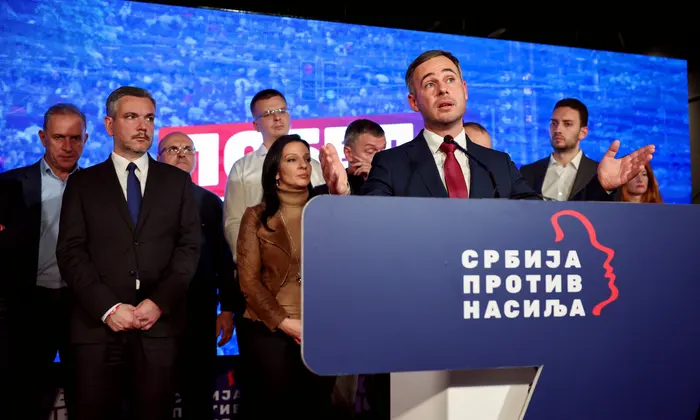
Serbia’s opposition is planning a protest meant to take place on Monday evening, amid allegations of irregularities in the parliamentary and local elections.
An opposition coalition, Serbia Against Violence, had hoped to do well in the Belgrade city council election. There are now allegations that people who do not reside in the capital were transported there to vote, and the opposition says the results in Belgrade should be annulled and a repeat election held.
“It is completely clear that in Belgrade the opposition parties received more votes than the parties that have represented the government in the capital! We will defend the electoral will of the citizens!” said the Party of Freedom and Justice, part of the opposition coalition.
Meanwhile, Reinhold Lopatka, an Austrian parliamentarian who serves as the special co-ordinator of the OSCE short-term observer mission in Serbia, said at a press conference that though the election was technically well-administrated, there were “unjust conditions.”
He noted that fundamental freedoms were generally respected, but it was mired by harsh rhetoric, bias in the media, pressure on public sector employees and misuse of public resources.
He added that the election day was marked by procedural problems, including breaches in secretary of the votes and numerous instances of group voting.
Lopatka also described an uneven playing field for contestants.
Albert Jónsson, the head of the OSCE Office for Democratic Institutions and Human Rights (ODIHR) mission, echoed, “The elections were dominated by the decisive involvement of the President, which, together with ruling party’s systemic advantages, did create unjust conditions for the contestants in this election.”
“Let me also stress that while fundamental freedoms are generally respected in the campaign, it was marked by harsh rhetoric, bias in the media, pressure on public sector employees and misuse of public resources,” he said.








